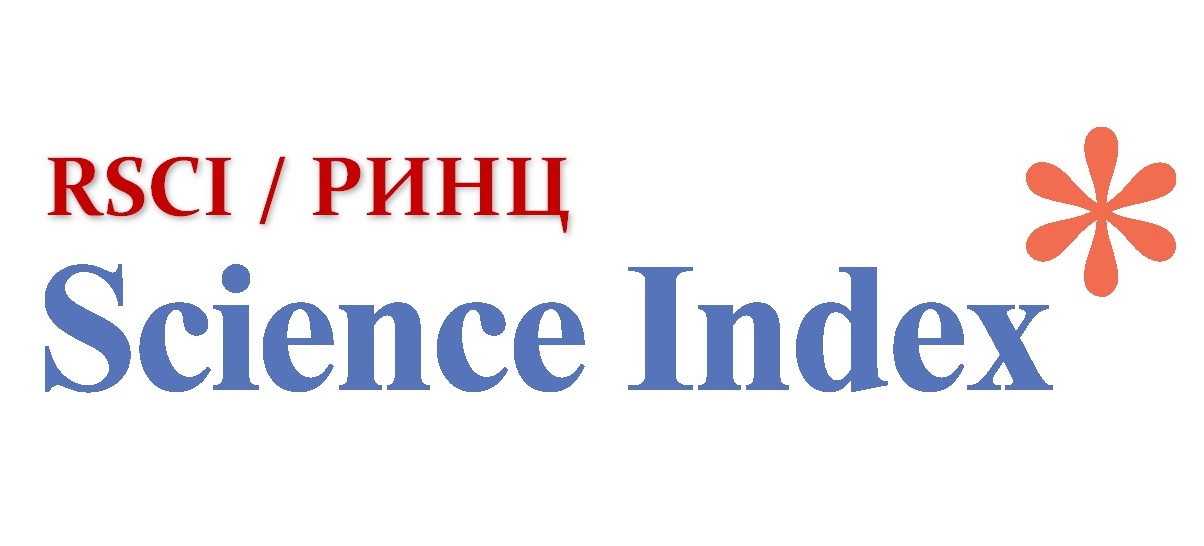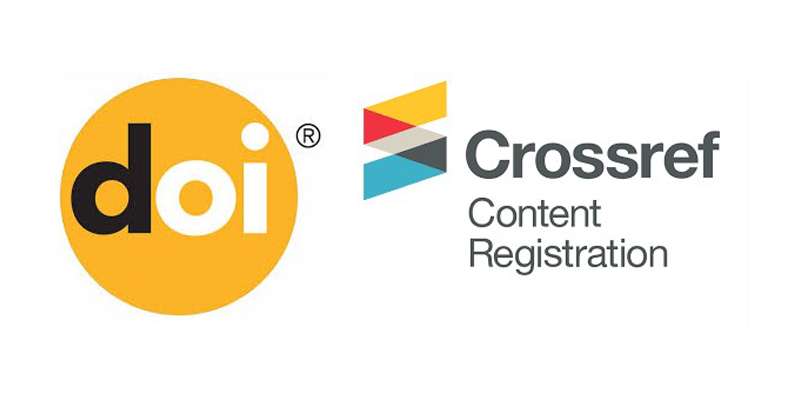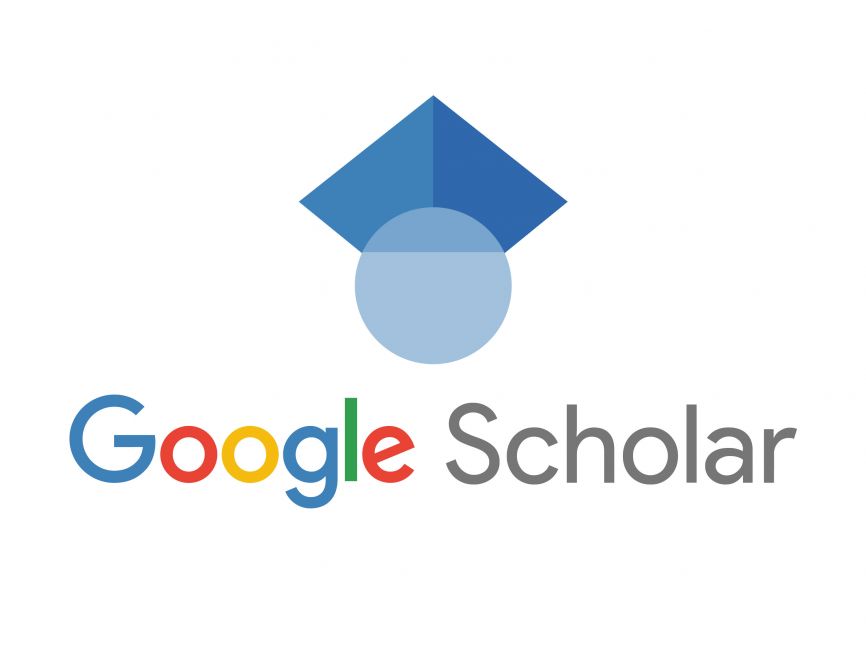Publication ethics
The editorial board works directly with the author(s) of the articles and does not cooperate with intermediary organizations.
The editorial board does not use any external assistance systems involving brokers or organizations.
In the event that the author(s) are found to have used such external assistance systems involving brokers or organizations:
Published articles are subject to mandatory retraction;
Articles under review will be withdrawn without the right to resubmission.
Editorial Policy and Ethics of Scientific Publication of the journal is guided by the ethical principles of scholarly periodicals set forth in the Guidelines on Principles of Ethical Publication for Journal Editors of the Committee on Publication Ethics (Committee on Publication Ethics Committee on Publication Ethics (COPE: Committee on Publication Ethics), essentially containing the following requirements:
the article should:
not be published or under review in another publication at the time of submission;
contain the results of original research;
include the results of the work of the author(s). It is assumed that all authors agree with the publication in this journal and do not object to the order of authorship in the article;
contain in the citation list only those peer-reviewed sources that were actually used in the course of the research, and all sources used are indicated.
for the authors:
By sending the manuscript to the editorial office, the author(s) guarantee that they do not violate anyone's copyrights and principles of publication ethics. The authors provide the publisher of the journal «PSYCHOLOGY AND COGNITIVE SCIENCES» with exclusive rights for an unlimited period of time:
- the right to reproduce (publish, publicize, duplicate, replicate or otherwise reproduce the article) without limiting the number of copies, the right to distribute the article by any means. Each copy of the article must contain the name of the author(s) of the article;
- the right to be included in the composite article;
- the right to publicize;
- the right to use the metadata (title, name of the author(s) (right holder), annotations, bibliographic materials, full text of the article, etc.) of the article by means of dissemination and communication to the public, processing and systematization, as well as inclusion in various databases and information systems, including full-text versions of the published article.
The territory where the use of rights to articles is allowed is not limited. The author(s) have no objection to the article being placed on the journal's website in an open access format after the manuscript has been accepted for publication in the journal and the printed issue of the journal with the published article is distributed to libraries and other organizations and/or institutions.
The author(s) also grants the publisher of the journal the right to store and process his/her personal data without time limitation (surname, name, patronymic, education, place of work and position). Personal data are provided for their storage and processing in various databases and information systems, their inclusion in analytical and statistical reports, the creation of reasonable relationships of objects of works of science, literature and art with personal data, etc.
The author(s) is (are) fully responsible for the unauthorized use of intellectual property objects, copyright objects in the scientific article in accordance with the current legislation of the Republic of Kazakhstan.
The author(s) give their consent for the manuscript to be checked by the journal publisher for plagiarism and other indications of publication ethics violations.
The author(s) authorize(s) the editorial board to carry out independently scientific and literary editing of the manuscript without changing its key provisions, to review the manuscript and propose to make necessary corrections or changes, and the manuscript will be published only after the author(s) make necessary corrections and changes.
The author(s) recognize(s) the right of the editorial board to refuse to publish the manuscript if its design and content do not meet the requirements of the journal, or in the conditions of the prohibition to publish the information contained in it, established by regulatory legal acts and/or other official state documents, or in connection with the presence in the manuscript of violations of the principles of scientific and/or publication ethics.
The author(s) declare(s) that he/she has/have no conflicts of interest with other scientists or members of the Editorial Board of the journal. (If there is a conflict of interest, it should be indicated which reasons will prevent the author(s) from objectively evaluating the manuscript, and the names of the scientists who, in the opinion of the author(s), will not be able to objectively evaluate the manuscript).
The author(s) declare(s) familiarity with the editorial policy of the journal containing general information about the journal, article review procedure, guidelines for authors, and publication ethics.
for reviewers:
The journal uses a double-blind review procedure (the reviewer does not know the authors of the manuscript, the authors of the manuscript do not know the reviewers) to ensure the quality of published articles. Manuscripts are sent to two reviewers for evaluation.
Rights:
request an abstract of the manuscript intended for review;
to refuse the expert evaluation of the article both after familiarization with the abstract and after familiarization with the full anonymized text of the manuscript;
to refuse to review the manuscript, notifying the editorial office, if he/she is not a specialist in the subject of the material.
Responsibilities:
to consider the manuscript received as a confidential document;
to give an objective and reasoned assessment of the received material;
keep confidential information or ideas gained during the review process related to possible benefits;
not to participate in the review of manuscripts where conflicts of interest exist;
not to use in their publications any material contained in the submitted manuscript.
for the editor-in-chief:
Rights:
make proposals aimed at improving the work of the editorial office.
familiarize himself with the draft decisions of the director of the enterprise and the head of the department of editorial and publishing activities, which relate to his activities;
to make decisions to ensure the day-to-day operation of the editorial office - on all matters within its competence;
participate in the work of collegial management bodies when considering issues related to the organization of the editorial office.
Responsibilities:
to develop a concept of the publication's development;
manage the work of all editorial staff;
edit articles prepared by the authors of the publication;
send manuscripts for editing and review;
prepare materials for printing;
write reports on the work of the newsroom.
Members of the editorial board should:
participate in the meetings of the editorial board of the journal, express his/her decision to agree/disagree with the reviewers' decisions on the article, make decisions on determining the content of the journal issues;
evaluate the content of manuscripts regardless of gender, nationality, religion and other personal qualities of the author/author team;
not to use the materials sent for publication in their own work of editors, reviewers and other staff members involved in the work with the manuscript;
to refuse to consider materials submitted for publication if there is a conflict of interest, as well as to require the author to provide information on the existence of a conflict of interest.
In case of gross errors (misprints in formulas, in indicators due to technical reasons) in published articles, information about corrections may be placed in subsequent issues.
Prohibition of Discrimination
The Editorial Board of the Journal adheres to the principles of equality and respect for the individual. Discriminatory statements or materials showing bias based on race, nationality, language, gender, age, religion, political beliefs, social origin, or any other status are not permitted in publications. All manuscripts are evaluated solely on their scientific quality, research significance, and relevance to the Journal's scope, regardless of the personal characteristics of the authors.





